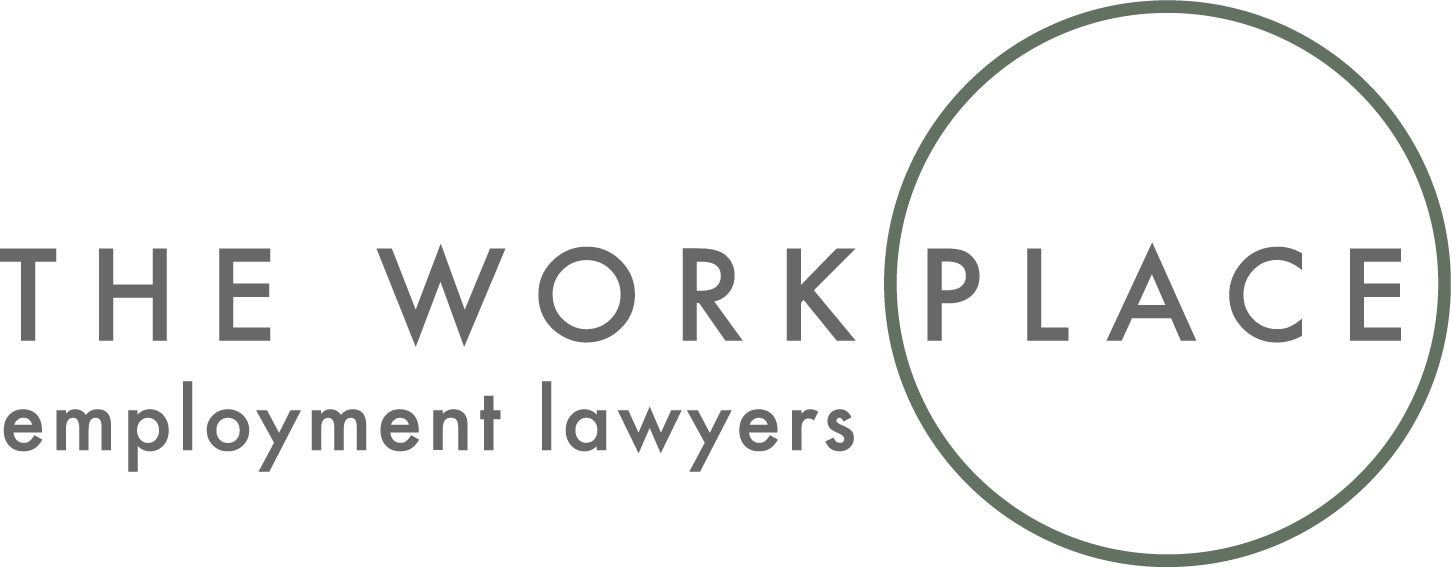A new Ombudsman is about to enter the scene – the Small Business and Family Enterprise Ombudsman.
Former ACT Chief Minister, Kate Carnell has been appointed to the role and is set to begin in March 2016. Carnell will step down as the current head of the Australian Chamber of Commerce and Industry to take up the office, which will replace the current Small Business Ombudsman.
Photography / denisbin
The new Ombudsman will have two main functions: to advise on, and to assist small businesses and family enterprises.
The advisory function
Under it’s advisory function, the Ombudsman will be an advocate both within and outside of government for small businesses and family enterprises.
It will undertake research and inquire into legislation, policies and practices that will impact on small businesses and family enterprises. The Ombudsman will then report on its findings, and provide advice to the Minister for Small Business (currently Assistant Treasurer, Kelly O’Dwyer MP).
In accordance with the Australian Small Business and Family Enterprise Ombudsman Act 2015 (Cth), the Ombudsman will have the power to make inquiries of its own initiative or can be directed by the Minister to report on certain matters. Where an inquiry is conducted, the Ombudsman will have the authority to call hearings and compel witnesses to give evidence. Ombudsman reports, including any findings, will be tabled in Parliament.
Photography / Simon_sees
The assistance function
The Ombudsman will be a go to point for small businesses and family enterprises seeking assistance. It will provide a range of referral services and respond to certain types of requests for assistance, but not all. For example, if a request for assistance could have been made to some other government agency, which could have legally dealt with the request efficiently and conveniently, then the Ombudsman must not provide assistance and may refer the request to that other agency.
Dispute resolution referral will also be a main focus of the assistance function. Whilst the office of the Ombudsman will not itself facilitate a dispute resolution service, it will keep a register of providers to whom parties can be referred when they require assistance in resolving disputes.
The new Ombudsman will also work in collaboration with business.gov.au (managed by the Department of Industry, Innovation and Science) to help small business find out about government services and programs.
Ultimately, the role of the Small Business and Family Enterprises Ombudsman will be one of advocacy and inquiry. Kate Carnell has been a public supporter of reduced weekend penalty rates in the recent past, so it will be interesting to see how the new Ombudsman’s voice will contribute to the debates around workplace reform in this area.


